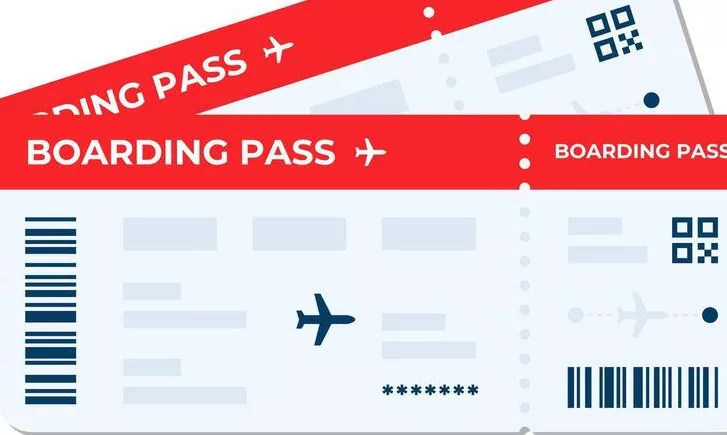Traveling can be an enriching experience, but navigating the complexities of airline pricing often poses a significant challenge for travelers seeking affordable fares. Airlines employ dynamic pricing strategies influenced by various factors, including demand fluctuations, competition, and booking patterns. Understanding these pricing dynamics can empower travelers to make informed decisions and secure more economical flight options.
Understanding Airline Pricing Strategies
Airlines utilize sophisticated pricing algorithms that adjust fares based on real-time demand and market competition. These algorithms consider factors such as seat availability, booking time, seasonality, and competitor pricing to optimize revenue. Consequently, airfare prices can fluctuate daily, making it crucial for travelers to identify patterns that may lead to cost savings.
What Day Of The Week Are Airline Tickets Cheaper?
Optimal Days to Book Airline Tickets
Identifying the most cost-effective days to book flights can substantially impact your travel budget. Several studies and industry reports have analyzed booking patterns to determine the days when fares tend to be lower.
1. Booking on Sundays
According to Expedia’s 2025 Air Hacks Report, booking flights on Sundays can lead to significant savings. The report indicates that travelers can save up to 6% on domestic flights and 17% on international flights compared to bookings made on Mondays or Fridays. This trend is attributed to airlines offering discounts to attract price-sensitive travelers during periods of lower demand.
2. Avoiding Friday Bookings
Conversely, booking flights on Fridays is associated with higher fares. The same Expedia report highlights that fares tend to be more expensive on Fridays, making it less favorable for budget-conscious travelers. This increase in fare prices may result from higher demand as travelers finalize their weekend plans.
3. Considering Midweek Bookings
Midweek days, particularly Wednesdays, have been identified as favorable for securing lower fares. A study by Texas A&M University found that tickets purchased on weekends were, on average, 5% cheaper than those purchased on weekdays. This suggests that midweek bookings may offer competitive prices, though the difference may not be as pronounced as weekend bookings.
Best Days to Fly
Beyond booking dates, the day of the week you choose to fly can influence airfare costs. Travel patterns and demand fluctuations throughout the week play a significant role in determining flight prices.
1. Departing on Thursdays and Saturdays
Flying on Thursdays and Saturdays is often associated with lower fares. The Expedia report suggests that these days are less popular for departures, leading airlines to offer more competitive prices to fill seats. Departing on these days can result in substantial savings compared to more popular travel days.
2. Avoiding Sunday Departures
Sunday departures are typically linked to higher airfare prices. The increased demand from travelers seeking to return home before the workweek contributes to elevated fares. Opting for alternative departure days can help mitigate these higher costs.
Additional Tips for Securing Lower Airfare
In addition to selecting optimal booking and departure days, consider the following strategies to further enhance your chances of finding affordable flights:
- Advance Booking: Purchasing tickets well in advance of your intended travel date can lead to better prices. However, avoid booking too early, as fares may not be at their lowest. The sweet spot varies depending on the destination and season.
- Flexible Dates: If your travel dates are flexible, use fare comparison tools to identify the cheapest days to fly within your desired timeframe. This flexibility allows you to take advantage of fluctuating fares.
- Set Fare Alerts: Utilize fare alert systems offered by various travel websites and apps. These alerts notify you when fares drop for your specified routes, enabling you to book at the most opportune times.
- Consider Alternative Airports: Flying into or out of alternative airports near your destination can sometimes result in lower fares. Evaluate all nearby airports when planning your trip.
- Avoid Peak Travel Seasons: Traveling during peak seasons, such as holidays and school vacations, often leads to higher fares. If possible, plan your trips during off-peak times to benefit from more favorable pricing.
Conclusion
While specific days of the week can influence airline ticket prices, it’s essential to recognize that airline pricing is dynamic and influenced by various factors. Booking on Sundays and flying on Thursdays or Saturdays are general trends associated with lower fares. However, to maximize savings, it’s advisable to combine these strategies with advance planning, flexible dates, fare alerts, and consideration of alternative airports. By staying informed and adaptable, travelers can navigate the complexities of airline pricing and secure more affordable travel options.

